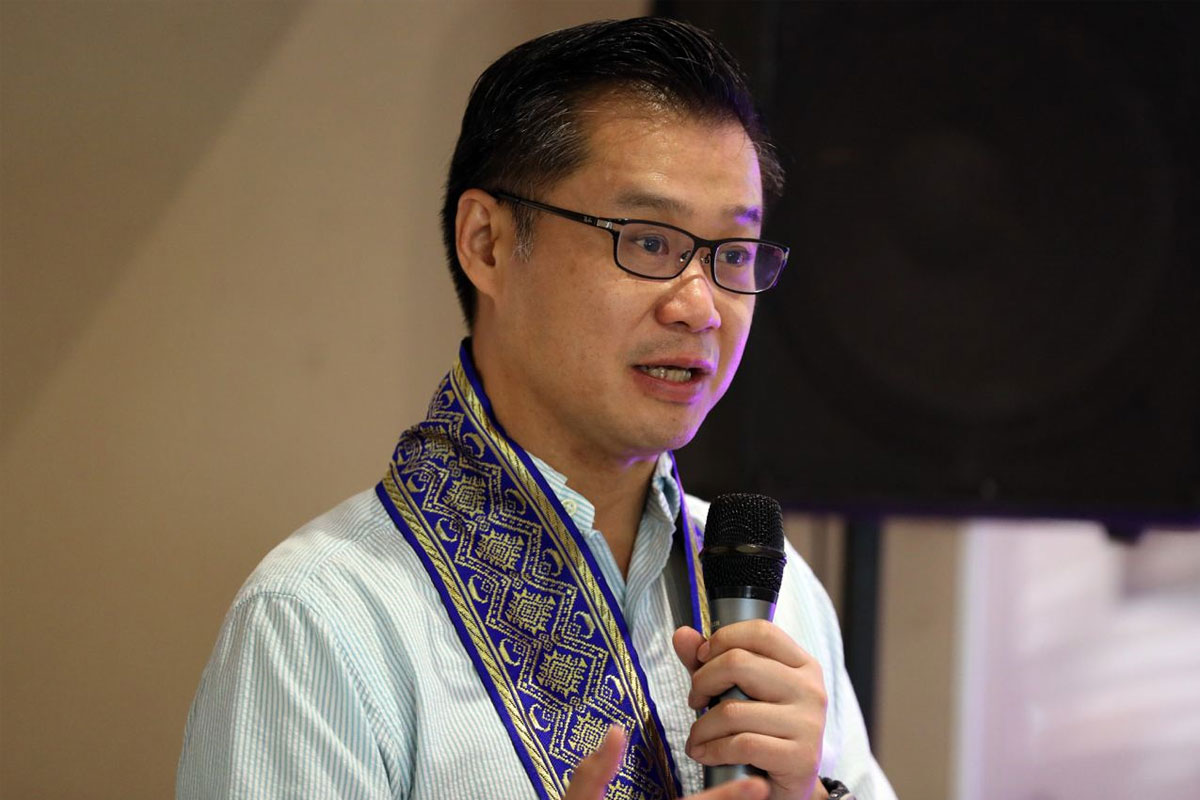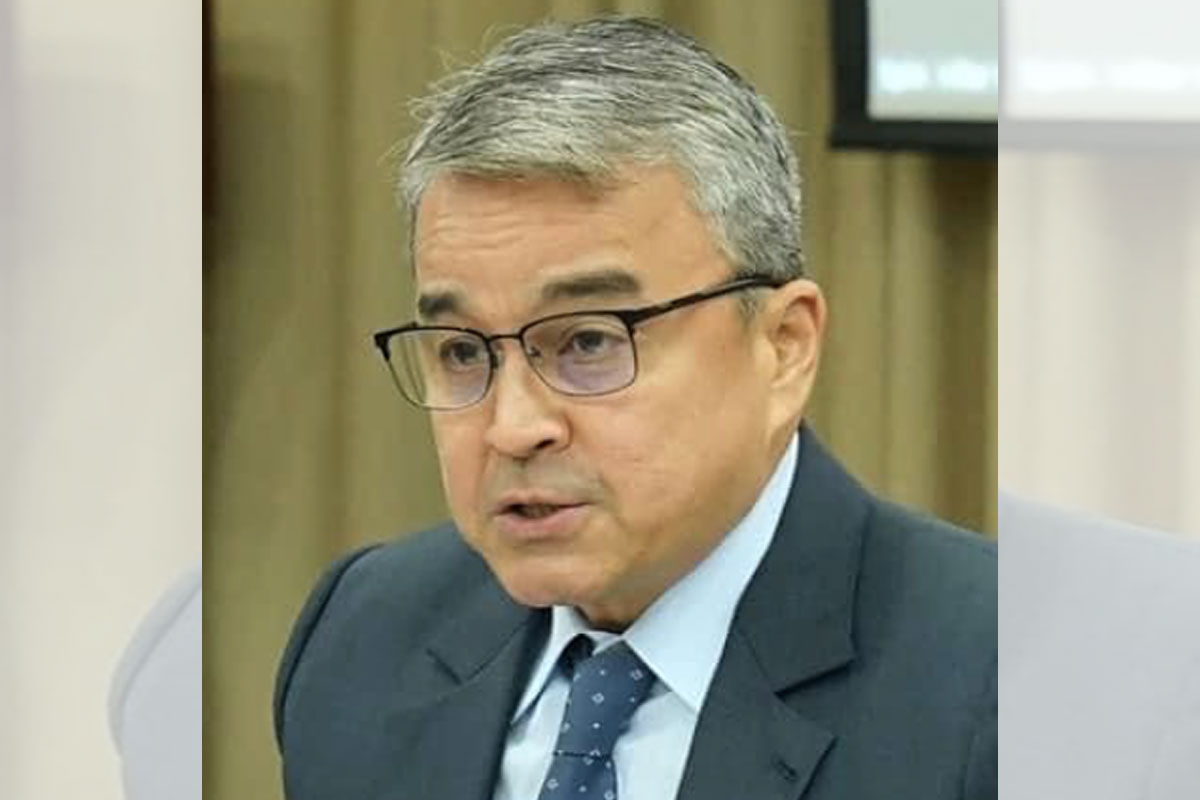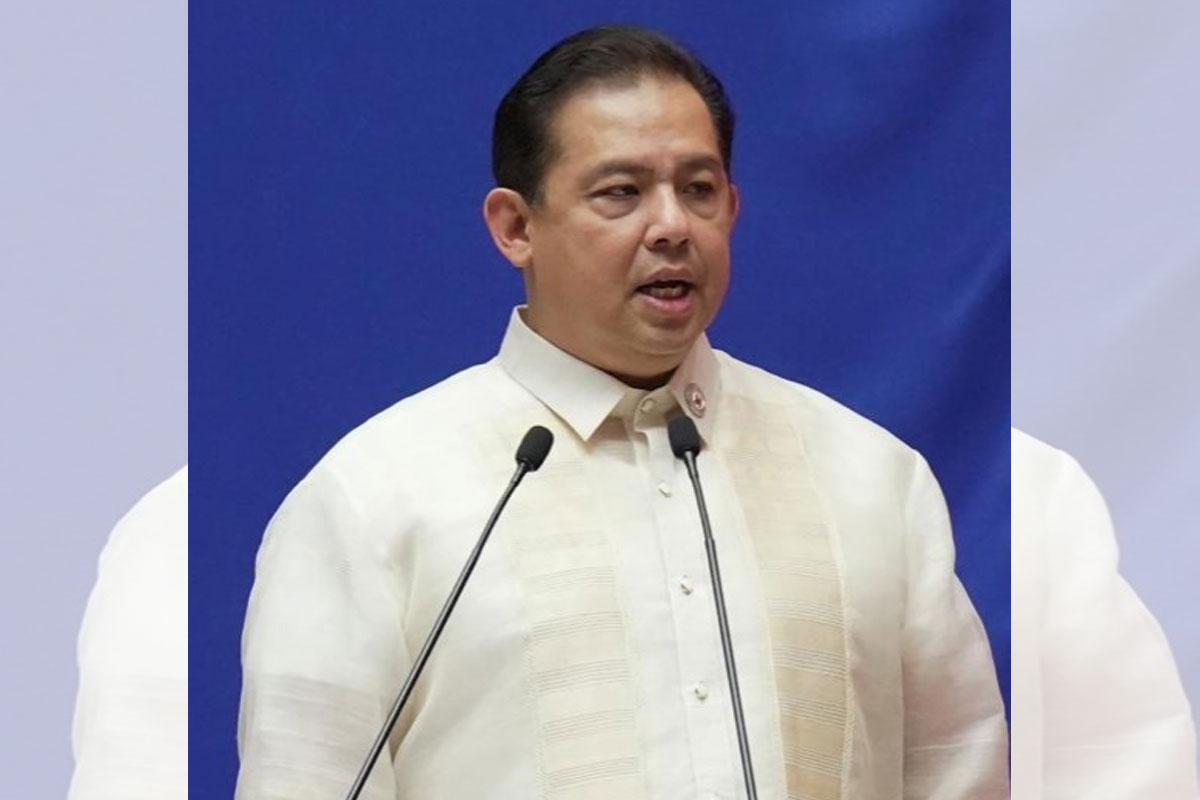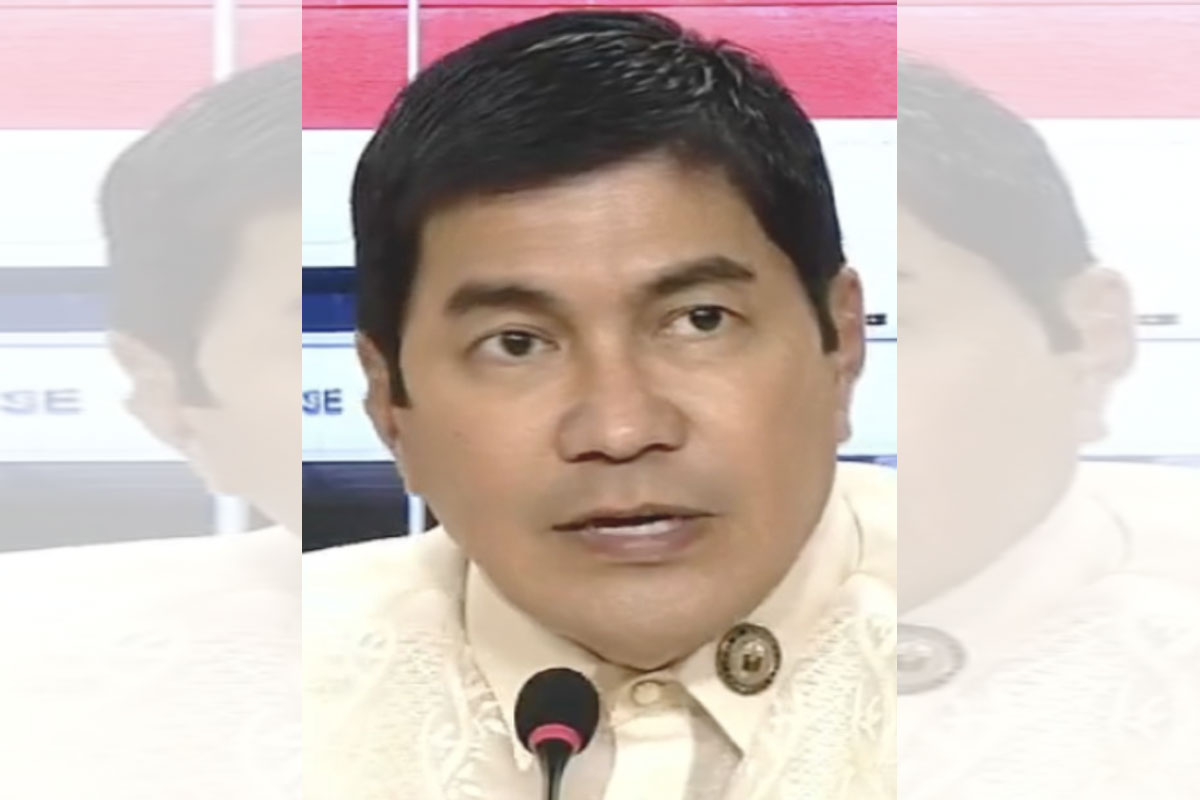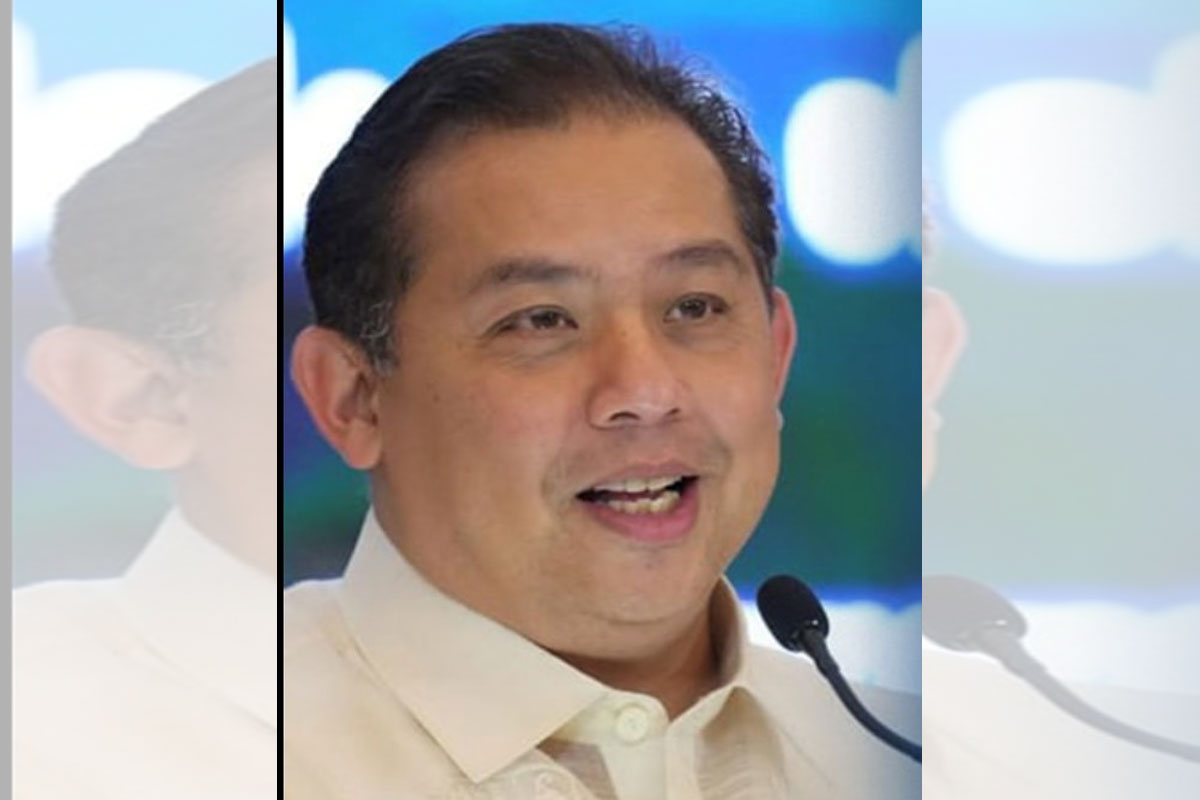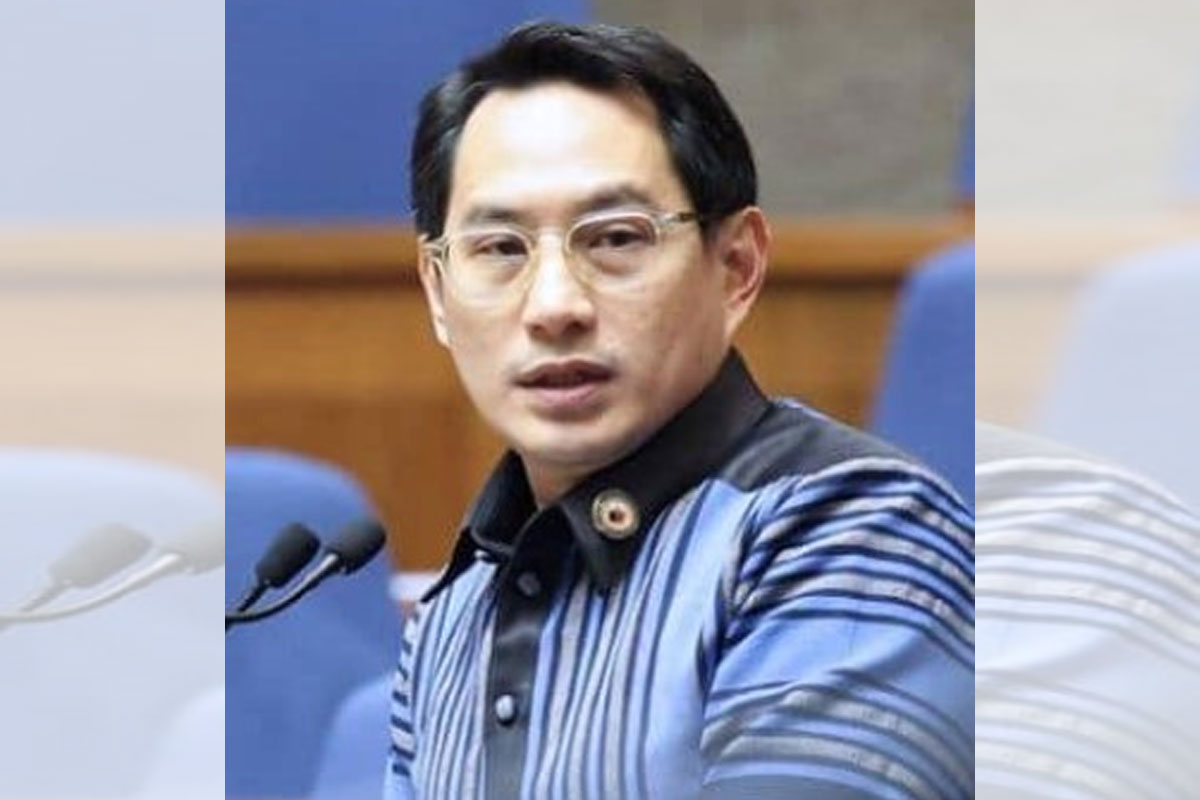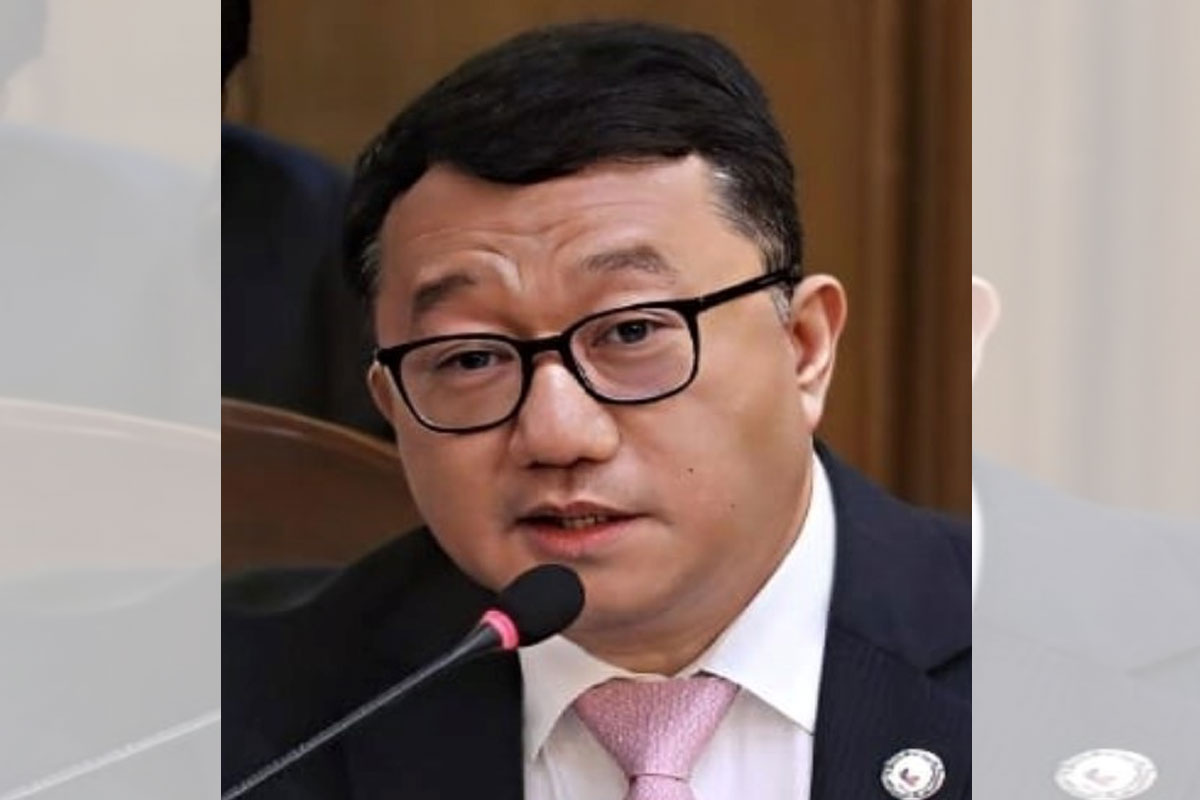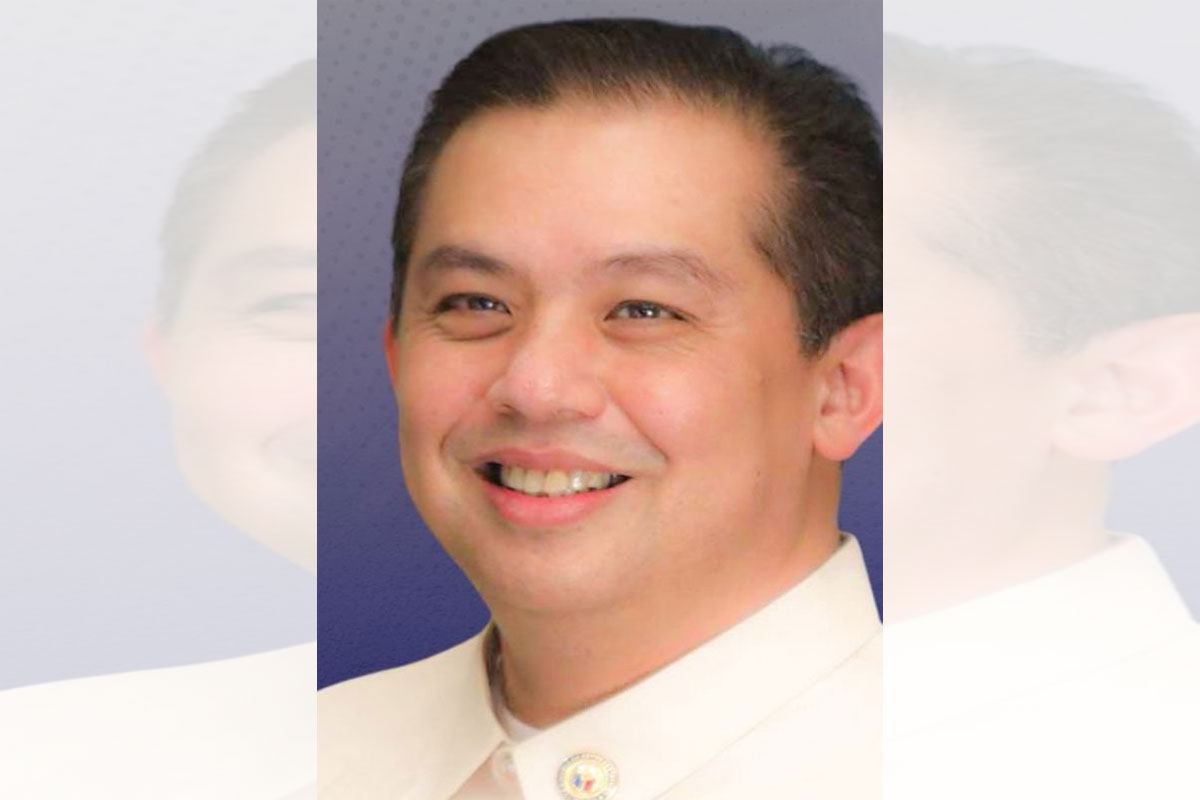
Speaker: Digital transformation bills top House priorities
BILLS that would hasten the country’s digital transformation such as the E-Governance/Government Act top the list of priorities of the House of Representatives when Congress resumes session on Monday.
“We will expedite the passage of these measures to implement the pronouncements of President Ferdinand Marcos Jr. in Davos, Switzerland on his desire for the country to catch up with other nations in digital evolution,” Speaker Ferdinand Martin G. Romualdez said.
In Davos on Tuesday, the President said he would work to address slow internet connectivity and cybersecurity issues, and to digitalize the bureaucracy.
He lamented that connectivity in the country is slow.
“And it’s unfortunate, because some of the studies we’ve made, the general consumer, if you want to call them that, talks to every facet of their lives through the Internet, except for the government,” he said.
Romualdez said House priorities for this year also include the 11 other important bills the Executive and Legislative branches had agreed on in October during the meeting of the Legislative-Executive Development Advisory Council (LEDAC).
He said these proposals are likewise among those enumerated by President Marcos in his first State of the Nation Address (SONA) in July.
“These measures are components of the President’s Agenda for Prosperity, which we fully support,” he said.
In addition to the E-Governance/Government Act, the pending urgent bills are: enabling law for the natural gas industry, amendments to the Electric Power Industry Reform Act, Unified System of Separation, Retirement and Pension Act, National Land Use Act, National Defense Act, National Government Rightsizing Program Bill, Budget Modernization Bill, Department of Water Resources Bill, proposed law establishing Negros Island Region, Magna Carta for Filipino Seafarers, and proposal to establish regional specialty hospitals.
Romualdez said the House would work with the Senate for the expeditious enactment of various bills the larger chamber had approved on third and final reading before Congress started its Christmas recess last month, including the Internet Transactions/E-Commerce Bill.
Like the proposed E-Governance/Government Act, he said the Internet Transactions Bill would contribute to attaining the President’s digital transformation goal.
The Speaker is principal author of the two measures, as well as most of the approved and pending priority bills.
The proposed E-Governance/Government Act seeks to shift the bureaucracy to digital platforms for faster and more efficient and transparent services.
It would establish an integrated, interconnected, and interoperable information, resource sharing and communications network, which would include internal records, management information system, information database, and digital portals spanning the entirety of the national and local government for the delivery of public services.
It would provide easier access to government information and services in a manner consistent with laws regarding protection of personal privacy, national security, records retention, access for persons with disability, and other relevant statutes.
A service portal to allow the public to transact business with agencies and for state offices to render service online would be set up.
The bill sets timelines for responsible personnel to act or decide on requests or applications.
The E-Commerce Bill aims to regulate internet transactions and protect consumers as well as merchants.
An Electronic Commerce Bureau would be created under the Department of Trade and Industry (DTI) to implement the proposed law, which would apply to all internet transactions and to all domestic merchants and foreign entities doing online business in the Philippines.
The bill details the rights and obligations of all those involved in or doing internet transactions. It provides the means for redress of grievances and resolution of disputes.
It prescribes penalties for violations, including fines of up to P5 million.


